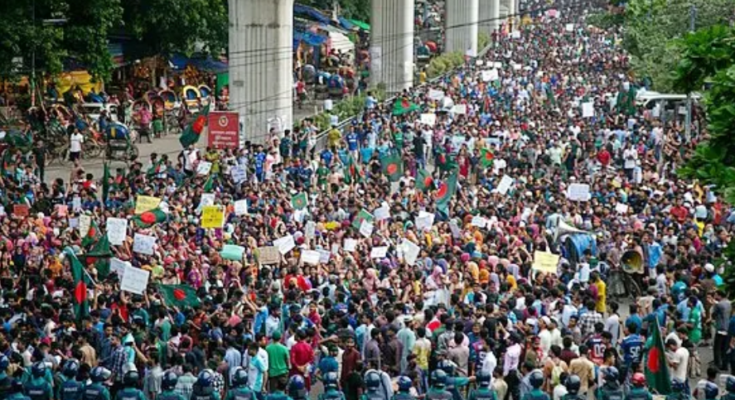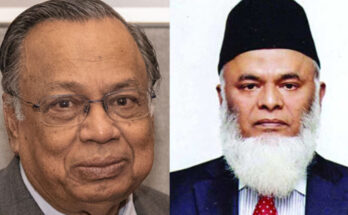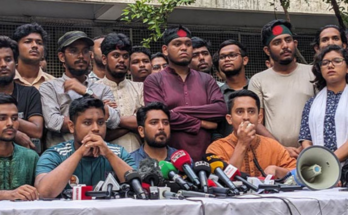Introduction
A recent letter from 22 U.S. Congress members to Secretary of State Antony J. Blinken has highlighted growing concerns about the deteriorating democratic and human rights situation in Bangladesh. This bipartisan effort underscores the severity of the issues and calls for immediate action to protect civil liberties and uphold democratic principles.
The Letter and Its Significance
On August 2, 22 members of the U.S. Congress, including both Democrats and Republicans, addressed a letter to Secretary Blinken. The initiators of the letter were Senator Edward J. Markey, and Representatives Jim McGovern and Bill Keating. They expressed deep concern over the violence against student protesters and the broader decline in democratic norms under the current Bangladeshi government.
Key Concerns Highlighted
Violence Against Students: The letter emphasizes the brutal clashes between security forces and student protesters across Bangladesh. These clashes have exposed significant human rights violations, with reports of excessive use of force, including shooting and tear gas, against peaceful demonstrators.
Failures in Democratic Processes: The Congress members highlighted several issues undermining democracy in Bangladesh, including:
- Flawed Elections: They pointed to the heavily criticized January elections, which were marred by allegations of widespread irregularities.
- Suppression of Labor Rights: The government’s failure to improve labor conditions and protect workers’ rights.
- Internet Shutdowns: The near-total shutdown of internet services to stifle protests and control information flow.
Calls for Action: The letter urges the U.S. State Department to:
- Condemn all forms of violence unequivocally.
- Ensure the protection of fundamental freedoms, including freedom of expression and peaceful assembly.
- Hold relevant government officials accountable for human rights abuses.
- Collaborate with international partners to support the establishment of a representative democratic government in Bangladesh that respects human rights and freedoms.
Historical Context
Senator Markey has a history of advocating for human rights in Bangladesh. In January, he and his colleagues urged Prime Minister Sheikh Hasina to stop the harassment of Nobel Laureate Dr. Muhammad Yunus. They also called for an end to using the judiciary to target government critics. Additionally, in December 2020, Markey and other senators appealed to the Bangladeshi government to restore telecommunications in Rohingya refugee camps and suspend relocations to Bhasan Char until the United Nations deemed it safe and habitable.
Implications
International Pressure: This letter adds significant international pressure on the Bangladeshi government to address human rights concerns. It signals that the U.S. is closely monitoring the situation and is willing to take a stand against abuses.
Support for the Movement: The bipartisan support from U.S. lawmakers provides a morale boost to the anti-discrimination student movement in Bangladesh. It reinforces their calls for justice and democratic reforms.
Conclusion
The letter from U.S. Congress members to Secretary Blinken underscores the urgent need for action to address the declining democratic and human rights situation in Bangladesh. By calling for accountability and the protection of civil liberties, the international community can support the efforts of Bangladeshi citizens striving for justice and democracy.





